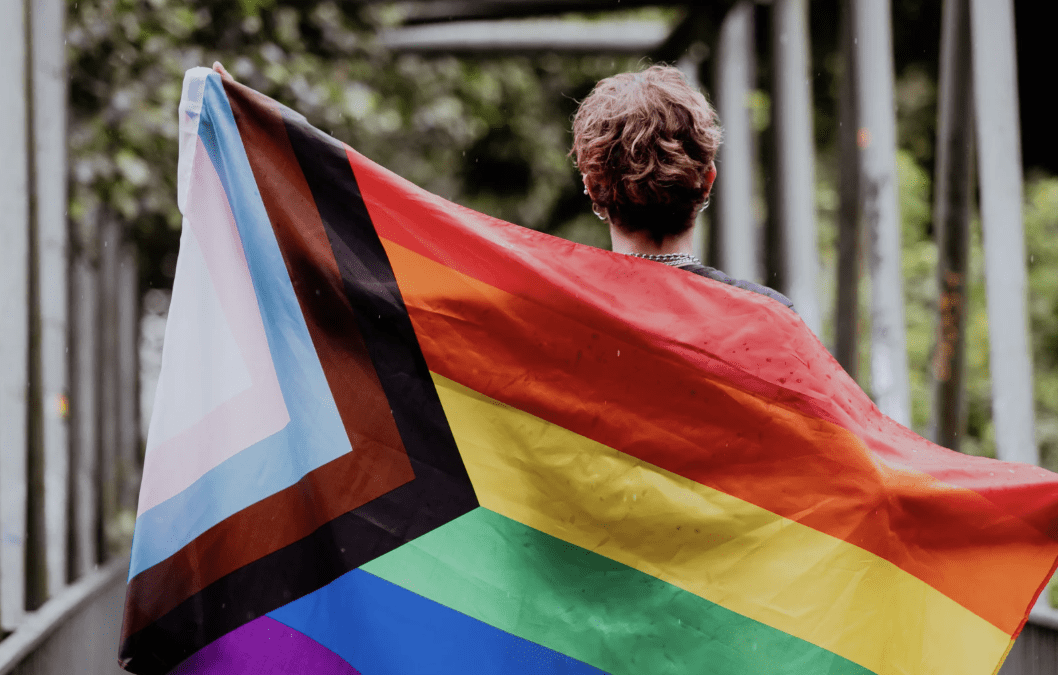June is Pride Month, a time to celebrate the LGBTQ+ community and reflect on the long—and ongoing—struggle for acceptance and equality. While many strides have been made, there is still plenty of work to be done as evidenced by the prevalence of substance use and substance use disorders among those who are lesbian, gay, bisexual, transgender, queer, or claim another identity.
It is estimated that between 20 and 30 percent of the LGBTQ+ community uses substances in problematic ways. At the high end, that is very nearly 1 in 3 individuals. In contrast, it is estimated that less than 10 percent of the general population is misusing drugs or alcohol.
Those who harbor prejudice against anyone who is not straight may try to use these statistics as evidence that the LGBTQ+ community is made up of troubled and reckless individuals, but that is disingenuous and unfair. In fact, ongoing prejudice is almost certainly directly correlated to the higher occurrence of substance use disorders among those who identify as LGBTQ+.
So while it is true that each individual—gay or straight—is responsible for seeking help for their substance use disorder and working toward long-term sobriety, it is also true that systemic changes in society can lead to positive changes in the population as a whole. Rejecting prejudice in all its forms is essential for activating those changes.
Challenges Faced by LGBTQ+ Individuals
It is a sad fact that discrimination is still a major issue in society, including for the LGBTQ+ community. That discrimination can take a number of forms. Many in the LGBTQ+ community internalize the ongoing stigma attached to their sexuality and gender expression, which can do significant damage to their self-image and self-confidence. The stigma can also be weaponized by those who disapprove of the LGBTQ+ identities and can spark emotional, verbal, and physical abuse.
Many people who come out to their families find that they are rejected—even kicked out of their homes—especially when a family is religiously conservative. And some employers, despite rules and laws to the contrary, are likely to withhold promotions or even fire individuals once they discover that a person is not straight.
All of these problems can undermine an individual’s feelings of self-worth and can contribute to mental health disorders and substance use disorders. If you live in fear that you will lose your job, your family, or even your life because of who you are, you may well turn to drugs or alcohol to try to get some relief from that fear and the relentless stress it causes.
The First Step Might Be Scary But Is Definitely Necessary
Many members of the LGBTQ+ community have become used to hiding who they truly are from some or all of the people in their lives to avoid judgement and discrimination. Given that, it is easy to understand that many of those same people may be inclined to attempt to deny or hide their substance use disorder—from others and even from themselves.
If that is the situation in which you find yourself, find the support you need to admit you have a problem and to seek help to address it. That help is available, and in many cases, recovery centers (like Wooded Glen Recovery Center) have staff members with experience and expertise in treating members of the LGBTQ+ community and addressing specific issues of importance to their recovery and long-term sobriety. This expertise includes the ability to treat co-occurring disorders that are additional stumbling blocks to recovery.
Taking that first step—admitting there is a problem and finding someone to help—is the start of a long journey toward a healthier life grounded in sobriety.
We Are Here For Every Member of Our Community
Let us be clear: Wooded Glen Recovery Center is here to help every member of our community and to meet them where they are in their personal journey. We will not judge you. We will not discriminate against you. We will not disrespect you.
What we will do is welcome you. We promise to provide personalized, compassionate, evidence-based care. We promise to provide support and encouragement that will continue even after you leave treatment and begin your recovery. We would be proud to be of service to you.

